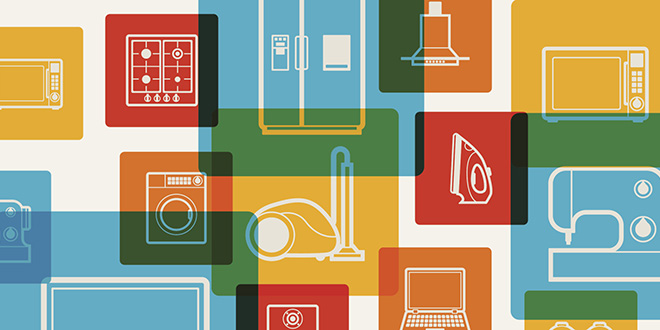
Tech tycoon bets on the Internet of things’ future
By Klint Finley for Wired.com,
TOM SIEBEL HAS a history of placing winning bets. He was an early employee at Oracle, which is still the most widely used enterprise database in the world. He later founded Siebel Systems, a business software company that inspired followers such as Salesforce and Microsoft Dynamics. He sold that company to Oracle in 2006 for $5.8 billion.
 His latest bet is that the much-hyped Internet of Things is finally going to take off. But he’s not interested in the plethora of “smart” gadgets aimed at consumers. Siebel wants to connect manufacturing equipment, medical devices, and all the other commercial equipment used by the world’s largest companies. Maybe the way the Internet of Things really grows isn’t so much by letting you control your thermostat with your smartphone; it’s by connecting the physical infrastructure of businesses to help them turn a profit.
His latest bet is that the much-hyped Internet of Things is finally going to take off. But he’s not interested in the plethora of “smart” gadgets aimed at consumers. Siebel wants to connect manufacturing equipment, medical devices, and all the other commercial equipment used by the world’s largest companies. Maybe the way the Internet of Things really grows isn’t so much by letting you control your thermostat with your smartphone; it’s by connecting the physical infrastructure of businesses to help them turn a profit.
This week, Siebel’s latest company, C3 Energy, changed its name to C3 IoT and branched out from its focus on energy utilities to commercial enterprises such as manufacturing, mining, transportation and health care.
“We’re solving problems that have never been solved before.”
C3, which Siebel founded way back in 2008 but has spent most of its existence in research and development, already offers fraud detection software; tools for predicting when equipment may be about to fail; data storage and analysis tools; and a cloud platform that companies can use to build their own applications. Up until now, the company has focused solely on the energy sector, winning customers such as Pacific Gas and Electric Co. and Eneland Eversource Energy. Siebel describes the energy industry as an “early adopter” of the Internet of Things. Utility companies, for example, have installed 50 million network-connected “smart meters” nationwide, according to an Edison Foundation report. Now the company is hoping to offer those same tools to companies in other industries.
If other industries follow suit by using sensors and other network connected devices to improve their efficiency, they could have a larger economic and environmental impact than the “smart home” gadget market. For example, as much as we may fret over our personal carbon footprints, the commercial, industrial, and transportation sectors accounted for a combined 83 percent of all energy use in the US. In 2011, according to the US Energy Information Administration.
Siebel isn’t the only one betting that the industrial Internet of Things is going to be big. Research firm IDC predicts that Internet of Things-related spending will reach $1.7 trillion by 2020, much of it coming from the commercial sector. There are already dozens of companies hoping to soak up some of that money by offering cloud platforms for the Internet of Things, including IBM, Microsoft, Amazon and even General Electric. Siebel hopes that C3 will have an edge over its competition because it’s already proven itself as ready for large-scale industrial use through its work in the energy sector. Maybe that will be enough to get the industrial world to go all in with him.
The article first appeared in Wired.com





